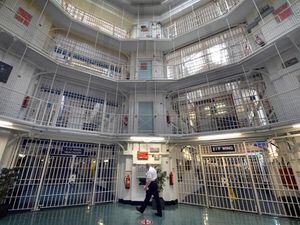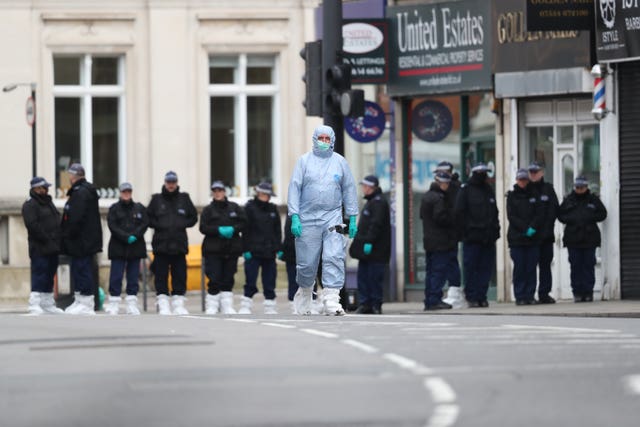Bill to block early release of terrorists to clear the Commons in a day
Ministers want emergency legislation on the statute book by February 27 before the next terrorist prisoner comes up for release.

Ministers are rushing through emergency legislation to prevent the automatic release from prison of terrorist offenders halfway through their sentences.
The Terrorist Offenders (Restriction of Early Release) Bill is set to clear all its Commons stages on Wednesday after it was formally introduced on Tuesday.
Ministers want to get legislation on to the statute book by February 27, before the next terrorist prisoner comes up for release.
It follows the Streatham terror attack earlier this month, when Sudesh Amman stabbed two bystanders with a knife he had grabbed from a shop.
The 20-year-old was jailed in December 2018 for possessing and distributing terrorist documents, but had been freed midway through his sentence less than a fortnight earlier.

It was the second attack in three months to be carried out by a convicted terrorist, after Usman Khan stabbed and killed two people at Fishmongers’ Hall near London Bridge in November.
He had been released nearly a year earlier, halfway through a 16-year jail sentence.
Once the legislation has cleared the Commons, it will go to the House of Lords, where the Government has less control over the timetable.
However, in an emergency business statement on Tuesday, the Leader of the Commons, Jacob Rees-Mogg, indicated that ministers expected peers to facilitate its swift passage.
“The urgency and the message coming from this House is very clear to them and therefore I expect them to handle this in a reasonable manner,” he told MPs.
The plans, which will affect around 50 prisoners, aim to make sure terrorist offenders serve two-thirds of their sentence before they are considered eligible for release, rather than the current halfway mark.
Before being freed they would need to be reviewed by a panel of specialist judges and psychiatrists at the Parole Board.
Attorney General Geoffrey Cox said there was a “plain public interest” in the change as he gave his support for the legislation.
Speaking at the Institute for Government in central London, he said: “I fully support the measures that are being taken in the House of Commons today.
“My judgment – and the judgment of the Government – is there is no illegality, on the contrary.
“The relevant declaration of compatibility has been made in connection with this legislation and that is because the convention of jurisprudence shows that questions relating to arrangements for release do not violate Article 7.”
He added: “I think there is a plain public interest in this change being made – we’ve had two incidents in recent days and I think that the Government is responding to a legitimate and powerful public interest in ensuring that those who may well be a risk will from now on be subjected to a risk analysis before they are released.”





